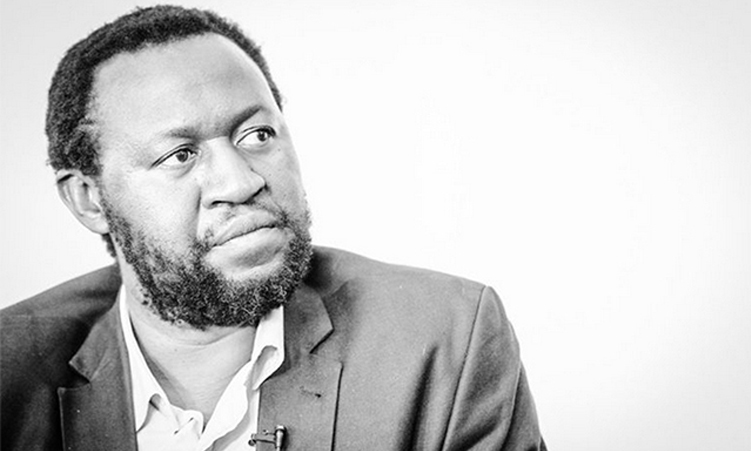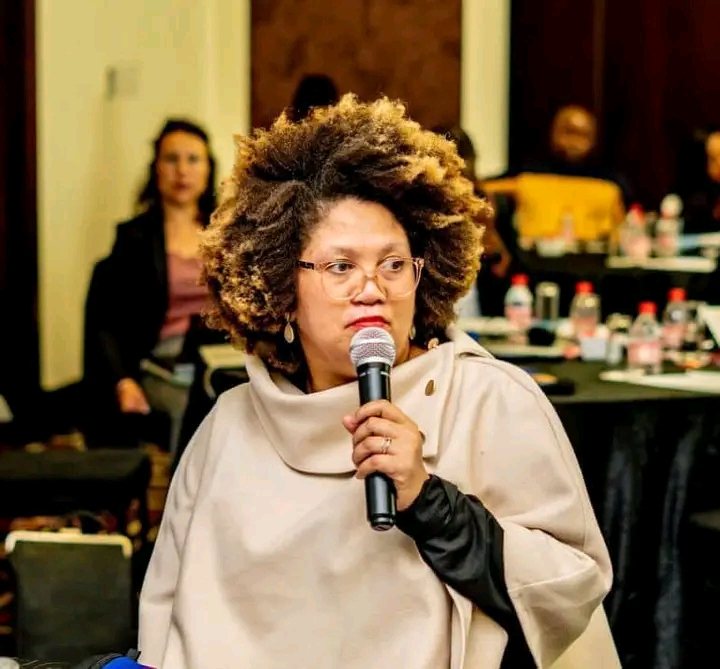Finding a purpose is the key to a meaningful life: Why you get out of bed, what motivates you and gives you a reason to live.
Nic Wolpe found his purpose – to preserve South Africa’s precious historical memories.
It sustained him. It gave him energy, passion and drive.
Starting Liliesleaf, a tribute to heroes of South Africa’s anti-apartheid struggle, was his North Star.
His passion was to dig up, restore and safeguard historical memories for the present and the future.
Liliesleaf farm, in the Johannesburg suburb of Rivonia, was the headquarters of the ANC underground movement.
The police raided the farm, and many ANC leaders were arrested and received life sentences at the Rivonia Trial.
Wolpe came up with the idea to make Liliesleaf a place of memory and dialogue.
COLLECTIVE IDENTITY
A big part of reconciliation in dealing with the personal and collective trauma of those previously oppressed is for a country to bring equality to previously excluded, forgotten and devalued memories.
It’s about restoring their individual and collective dignity, and fostering a new collective national identity following a conflict between oppressor and oppressed communities, as was the case with colonialism and apartheid.
In this, Wolpe has left a legacy that will outlive his physical life.
What is a legacy? What do we leave behind?
Is it a big house, a fancy car, spouting slogans, outdated ideologies and destroying public assets during protests, bullying others online, or being a fanatical follower of corrupt, violent and village-idiot political leaders?
An individual legacy can benefit future generations. It makes the world so much better.
Sometimes one may not see the fruition of one’s own legacy in one’s lifetime. Yet, it is critical to try to create something that is bigger than oneself.
With purpose, commitment, hard work, resilience, compassion and honesty, one can provide a positive legacy. Wolpe did so.
He personified individual resilience, grit and a growth mindset.
Without Wolpe’s drive, it is unlikely Liliesleaf would have been built.
Building mission-critical institutions that can live on for generations is critical in especially developing countries.
Since the end of colonialism, many African countries have failed because they were unable to create lasting institutions.
Societies fail if they do not have enough institution ‘builder’ leaders and creators.
LEGACY AND DEVELOPMENT
To build legacy institutions that outlive one’s own life requires commitment, selflessness, resilience, sacrifice, staying power and competence.
Wolpe did that.
Sadly, institution building is not celebrated in South Africa and many parts of Africa. Wolpe was a builder.
Builders, rather than breakers, are critical in a developing society.
They are the glue holding institutions, communities and countries together.
Builders are ‘revolutionary’.
Breaking institutions that work are in many places misguidedly seen as ‘revolutionary’, or ‘transformational ’ or ‘progressive’.
Or working institutions are often seen as a site for enrichment under the guise of ‘empowerment’ or ‘deployment’.
Many institutions are hijacked in the same way cars, homes and businesses are hijacked – for self-enrichment – and founders or capable, well-meaning, hard-working, honest executives are pushed out.
Hijacked institutions rarely thrive over the long term.
Creating a new collective memory after centuries of conflict is critical to fostering a new inclusive national identity.
The memory of previously oppressed communities needs to be recognised and given equal status.
Memory helps us learn from the past: To not repeat the mistakes of the past, and to apply the knowledge of the past in imaginative, context-relevant ways in the present.
THE ‘CAPTURE’ OF MEMORIES
Endemic corruption, state failure, manipulation of the truth by leaders, the corruption of memories of the past for self-enrichment, combined with the silence of memories of those not politically connected, has resulted in the ‘capture’ of memories.
Many white South Africans deny either involvement in apartheid or downplay apartheid’s legacy.
Many young black South Africans increasingly blame the self-inflicted failure of the democratic government on ANC negotiators making too many concessions during the Convention for a Democratic South Africa (Codesa) negotiations that birthed the new democracy.
This is a clear example of a distortion of memory.
With the hand history dealt him, Nelson Mandela made his contribution within this context, within his capabilities, and in the best interests of all South Africans.
The corruption, incompetence and callousness of subsequent ANC leaders cannot be blamed on compromises for the greater good of South Africa agreed on at the Codesa negotiations.
Restoring truthful memory is critical, for better decisions in the present: Wolpe’s contribution to this has been immense.
VALOUR AND VALUES
South Africa can at times be a harsh, brutal and soul-destroying frontier-type place, where it seems only the violent, the corrupt, the dishonest and the cynical manipulators of the illiterate and the desperately poor thrive and where the honest and ‘builder’ leaders are often laughed at.
Wolpe was authentic. He stayed true to his values.
In our social media age – where online ‘friends’ who agree with you and who ‘like’ you are increasingly, and wrongly, seen as ‘authentic’ – genuine flesh-and-blood authenticity is increasingly not seen as an important value of leadership.
In Africa, we desperately need more honest, more constructive, compassionate and more authentic ‘builder’ leaders such as Wolpe.
- * William Gumede is the founder of the Democracy Works Foundation. This is an edited version of his address at the memorial service of the late Nic Wolpe (1963-2024).
Stay informed with The Namibian – your source for credible journalism. Get in-depth reporting and opinions for
only N$85 a month. Invest in journalism, invest in democracy –
Subscribe Now!










